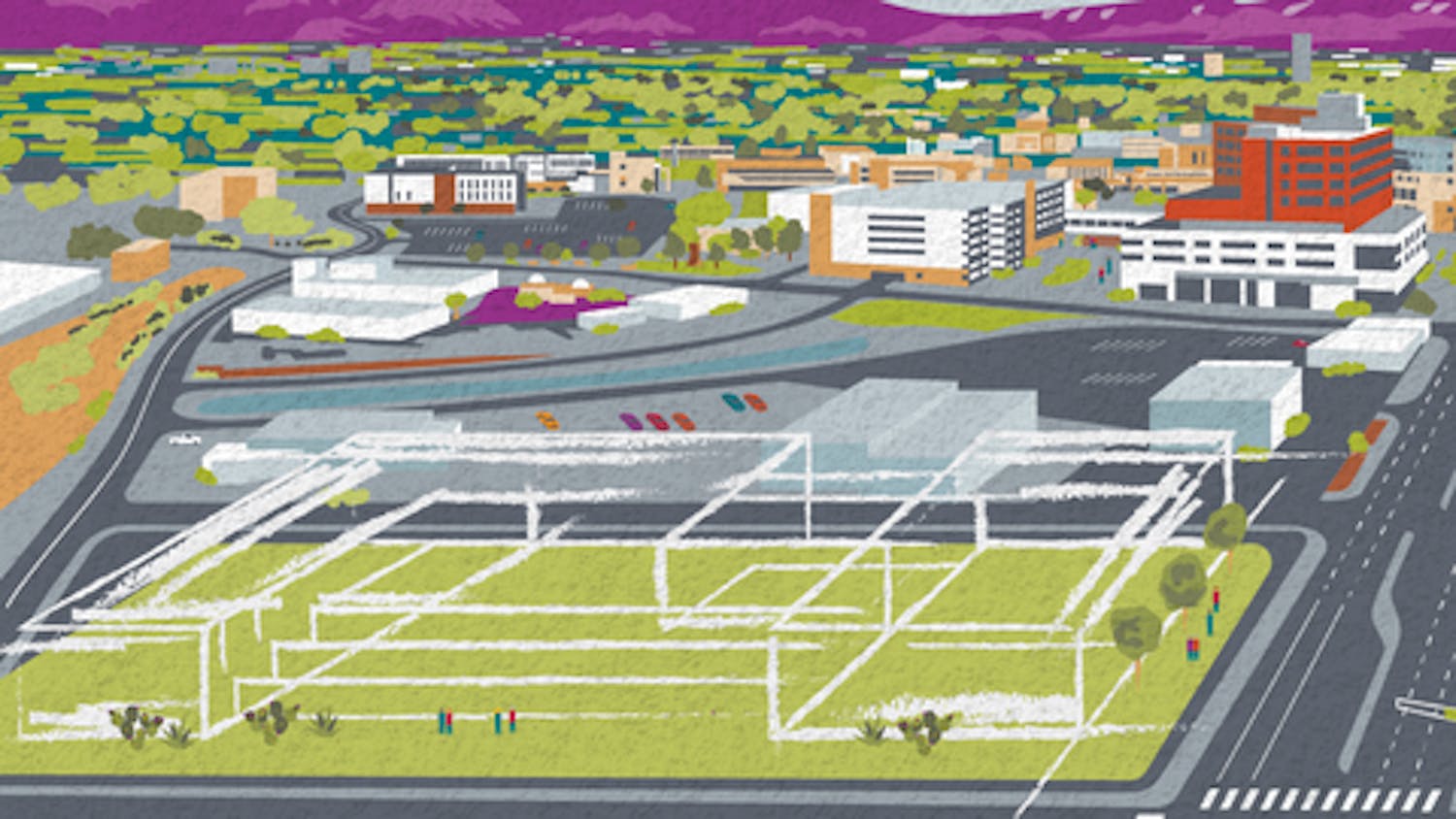UNM's Latin American and Iberian Institute lost 28 percent of its funding after failing to reacquire two federal grants that financed the institute for more than two decades.
The institute is no longer considered a "national resource center" in Latin American studies after the U.S. Department of Education rejected its proposals for the Foreign Language Area Studies Grant and the National Resource Center Grant.
Since 1980, the institution received $216,479 every four years from the federal grants to fund students, faculty and staff involved with its programs.
The Foreign Language Area Studies Grant provided the institute with $84,000 for five fellowships every year, which means they will no longer be available to students.
The National Resource Center Grant supplied $131,979 for faculty teaching lesser-taught languages, and it paid up to 35 percent for each staff member in the institute.
Finding alternative funding will ensure that the institute's staff will not be laid off, and private scholarships will replace the fellowships provided to students through the grant, said Cynthia Radding, director of the institute.
Get content from The Daily Lobo delivered to your inbox
Radding said the U.S. Department of Education is under constant pressure to fund new universities with the grants and can be a reason why the proposals were rejected. The institute found out the proposals were rejected in early July.
"Even though we held it for two decades, it's not an entitlement," Radding said. "It's not something we can expect cycle after cycle."
The grants are distributed in four-year cycles, which means the University cannot apply for them until 2010.
UNM was not the only higher education institution to lose the two grants. New Mexico State University's proposals were also rejected because the two universities applied for the grants as a consortium.
Radding said several universities with prestigious Latin American studies programs were denied the grant, including the University of Kansas, the University of Arizona and Cornell University.
She said out of 27 applicants, only 18 were funded. Six of nine universities that were funded in the previous cycle did not get their funding for another four years.
Kimberly Gauderman, director of Latin American Studies, said losing the grants has a minimal effect on students.
"Nobody is happy about this, and everybody would have much rather of gotten this money, but it's not the end of the world for us," Gauderman said.
Student Bethany N£§ez said she was disappointed the institute didn't receive the grants.
"It's just unfortunate that we've lost something that we could have tapped more into and maybe done more extensive research," N£§ez said.
This is not the first time the University lost the two grants. Gauderman said UNM lost the grants in the 1970s, but regained it after applying as a consortium with NMSU in 1980.
"We've been in this situation before," she said. "Other schools are in the same situation. We're all going to be fine. We're just going to have to figure out what happened in that proposal and write a better proposal."
She said it's important to realize the institute is not part of UNM's Latin American Studies program, so losing the distinguished title of "national resource center" does not affect the program.
The ethnic studies program is an academic department that grants degrees. The institute is research-based and is involved in finding funds for Latin American-oriented people and functions on campus.
Radding said the Department of Education looks only at the proposal, not the institution.
"It's a label, and we can't use that label, but that grant cannot label us for our excellence" in faculty, students and staff, she said.
The department suggested that the institute look at successful proposals like Harvard University and the University of Michigan to see what went wrong. Radding said the institute would look into it.
"I'm sure there are lessons in grantsmanship to be learned from this," she said.
- Caleb Fort contributed to this report





